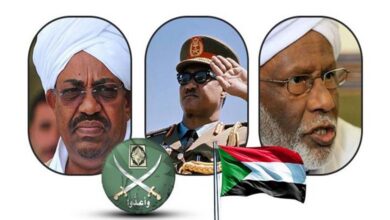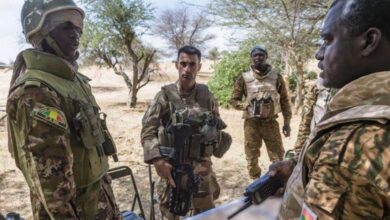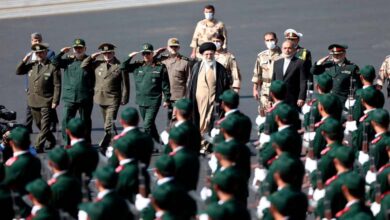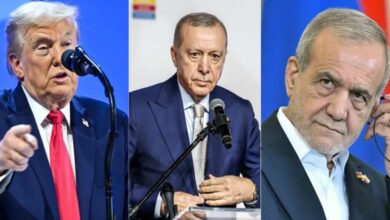Somalia Calls for End to International Support Mechanism Despite Fragile Situation
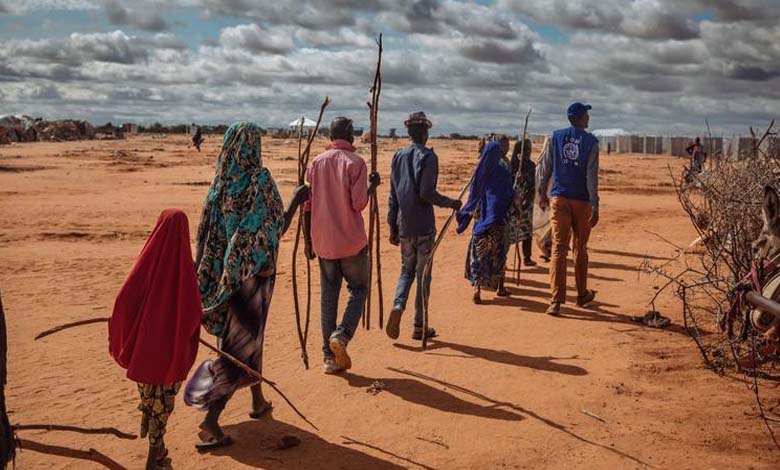
On Thursday, Somalia requested the United Nations to reassess the international cooperation framework known as “C6+”, describing it as an outdated mechanism that no longer serves its intended purpose. The move reflects growing confidence from the Somali government in managing its own internal and external affairs, despite the country’s ongoing security fragility as it emerges from a civil war that lasted over 25 years.
-
Military Operation in Western Somalia Against Al-Shabaab… ATMIS Under U.S. Criticism
-
Puntland’s Darawish Forces Eliminate ISIS’s Last Stronghold in Somalia – Details
The C6+ mechanism, established in 2010, brings together six key partners: the United Nations, the African Union, the European Union, the Intergovernmental Authority on Development (IGAD), the United States, and the United Kingdom. It has been the primary framework for coordinating political, security, and development support to Somalia for over a decade.
Reports suggest rising tensions between the Somali government and key international partners such as the U.S. and the U.K., due to disagreements over political priorities and institutional reforms. The call to dissolve the mechanism is seen as a signal of discontent and a desire to reshape bilateral relationships.
-
ISIS in Somalia strengthens its influence and becomes a global logistical hub for the organization… How?
-
“ISIS – Somalia”: How did it become an advanced fighting force with global funding and an increasing threat?
Somalia now appears to view the structure as a tool of foreign interference, while international partners stress the country still requires a certain level of coordination and support, warning that dismantling such frameworks could undermine aid effectiveness and stability efforts.
In a letter addressed to James Swan, the UN Secretary-General’s Special Representative for Somalia, Somali State Minister for Foreign Affairs Ali Omar wrote that the group was created “during a time of extreme political fragility and transition, when international cooperation through ad hoc coordination platforms was necessary.”
-
What Are the Risks of Increasing Cooperation between the Houthis and Somalia’s al-Shabaab? Observers Respond
-
Somalia Praises UAE’s Support in Fighting Terrorism
He explained that the C6+ emerged in the post-2010 environment, when Somali institutions in Mogadishu were in their infancy and national sovereignty was significantly constrained. “Today, that context has changed dramatically.” “Somalia is no longer a transitional state but a sovereign nation with functional constitutional institutions, an emerging democratic process, and a clear national vision for peace and development,” Omar said.
In this new environment, continuing to use the group as a political coordination tool is outdated and counterproductive, as it contradicts the principles of partnership, mutual respect, and national ownership that define Somalia’s current relationship with the international community.
-
Somalia increases pressure on Ethiopia over sovereignty dispute
-
Somalia Seeks to Threaten the Security and Stability of the Country with Its Criminal Acts
He added that the continued reference to this structure in international discourse creates a misleading impression that Somalia remains under external political oversight, unfairly undermining the legitimacy and maturity of its democratic institutions.
Consequently, the Somali government considers the C6+ mechanism outdated, with its original purpose and logic no longer relevant. Omar urged all partners to engage Somalia through established and recognized frameworks that reflect the country’s current status, such as bilateral cooperation.
He affirmed that Somalia remains committed to close and constructive partnerships with all six members, based on mutual respect and shared objectives.
-
Somalia-Ethiopia Conflict: Turkey Steps into the ‘Port Crisis’
-
New strategy by Al-Shabaab terrorist group in Somalia
Somalia still faces multiple crises, including a protracted conflict with armed terrorist groups like Al-Shabaab, as well as the aftermath of severe drought that has led to widespread famine, forcing millions to depend on foreign aid for survival.
International coordination mechanisms often ensure transparency and accountability in aid distribution. Somalia will likely need to reassure partners that alternative frameworks will be put in place to maintain this.
The call to abolish the C6+ may impact the volume or structure of international financial assistance, particularly if a new cooperation model is not agreed upon.




